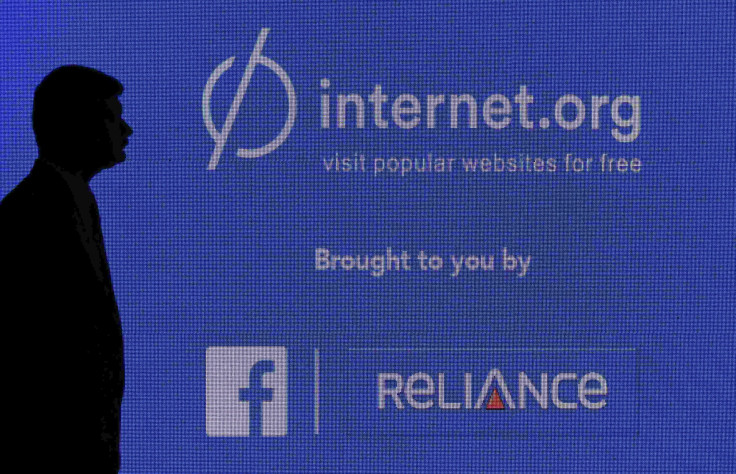Internet Access In The World: Only 40% Of Global Population Have Ever Been Online

The Internet has made the world figuratively smaller with the relative ease of electronically connecting people across the globe, but there remains a significant portion of the world’s population that has still never once logged on to the World Wide Web. According to a new report from Internet.org, a Facebook initiative that explores the reasons why people continue to lack Internet access, more than 60 percent of all people failed to log on to the Web at least once in the past year.
The report, citing a current declining rate at which the world is connected online, details who has Internet access and who doesn’t, and then attempts to answer the question of why that conundrum persists. In 2008, the amount of Internet users grew by more than 12 percent, according to the report. But in 2014 that number shrunk down to less than seven percent.
Three reasons are provided for why that downward trend occurred: inadequate infrastructure for people based on their geographical location, citing undeveloped, poorer countries as being most afflicted; the growing cost of Internet access; and overall relevance -- either not being aware of the Internet’s existence or because of a content-related language barrier.
“In order to make the internet relevant to 80% of the world, it would require content in at least 92 languages,” the report reads in part. Gender also has a lot to do with Internet access, according to the report, which blames various social and economic reasons for “nearly 25 percent fewer women than men” having Internet access.
The report comes on the heels of the net neutrality debate over whether allowing major corporate Internet service providers to offer so-called “fast lanes,” which smaller providers have said will provide an uneven playing field among competing companies. The Federal Communications Commission’s approval of a regulation classifying the Internet as a public good would force all providers to stick to the same guidelines, instead of having varying conditions.
© Copyright IBTimes 2024. All rights reserved.












